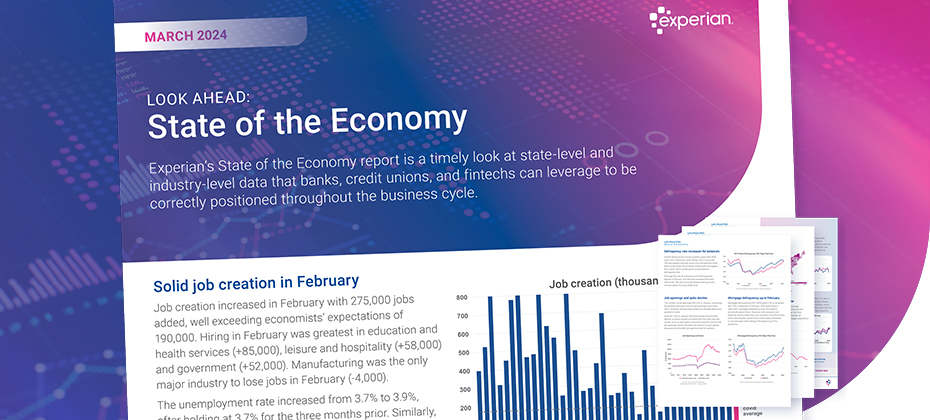US interest rates are at historically low levels, and while many Americans are taking advantage of the low interest rates and refinancing their mortgages, a great deal more are struggling to find jobs, and unable to take advantage of the rate- friendly lending environment. This market however, continues to be complex as lenders try to competitively price products while balancing dynamic consumer risk levels, multiple product options and minimize the cost of acquisition. Due to this, lenders need to implement advanced risk-based pricing strategies that will balance the uncertain risk profiles of consumers while closely monitoring long-term profitability as re-pricing may not be an option given recent regulatory guidelines.
Risk-based pricing has been a hot topic recently with the Credit Card Act and Risk-Based Pricing Rule regulation and pending deadline. For lenders who have not performed a new applicant scorecard validation or detailed portfolio analysis in the last few years now is the time to review pricing strategies and portfolio mix. This analysis will aid in maintaining an acceptable risk level as the portfolio evolves with new consumers and risk tiers while ensuring short and long-term profitability and on-going regulatory compliance.
At its core, risk-based pricing is a methodology that is used to determine the what interest rate should be charged to a consumer based on the inherent risk and profitability present within a defined pricing tier. By utilizing risk-based pricing, organizations can ensure the overall portfolio is profitable while providing competitive rates to each unique portfolio segment. Consistent review and strategy modification is crucial to success in today’s lending environment.
Competition for the lowest risk consumers will continue to increase as qualified candidate pools shrink given the slow economic recovery. By reviewing your portfolio on a regular basis and monitoring portfolio pricing strategies closely an organization can achieve portfolio growth and revenue objectives while monitoring population stability, portfolio performance and future losses.
Loading...


